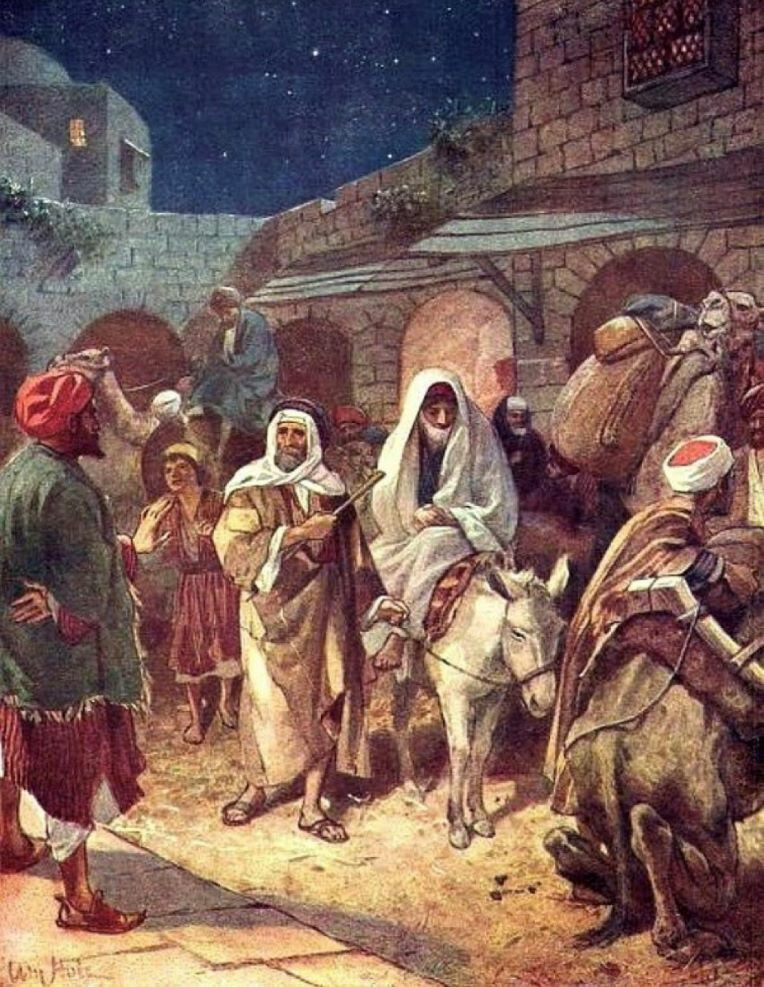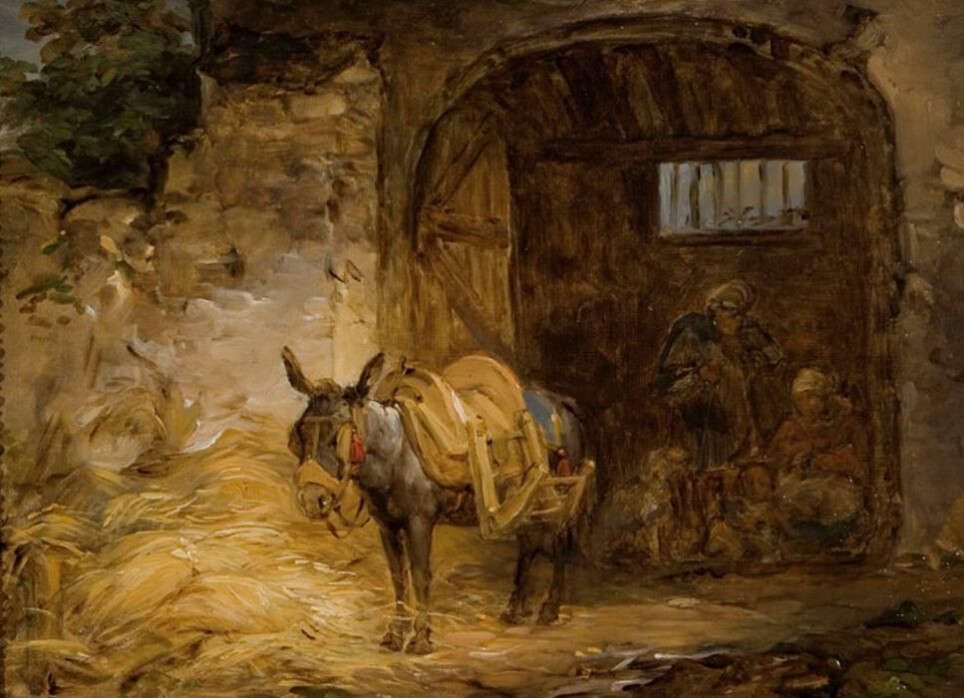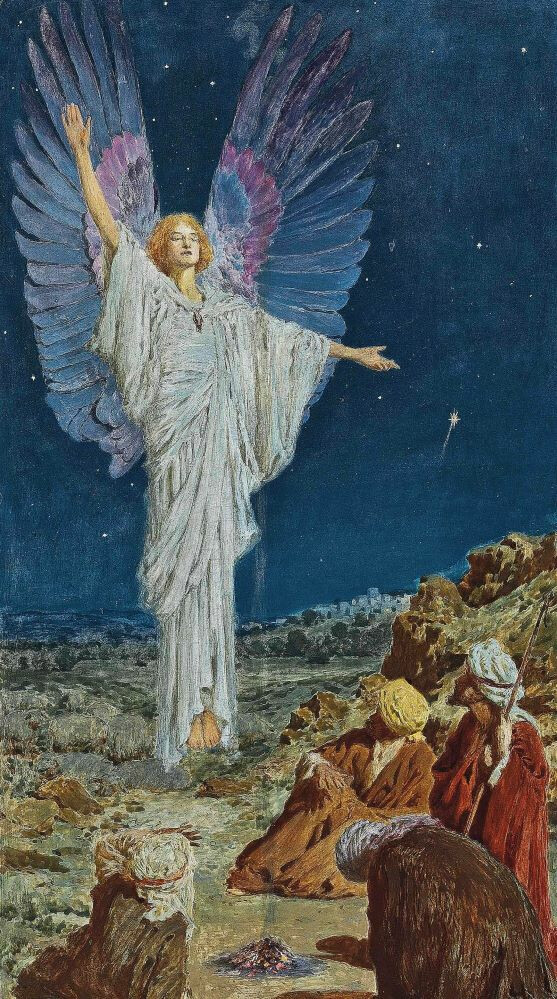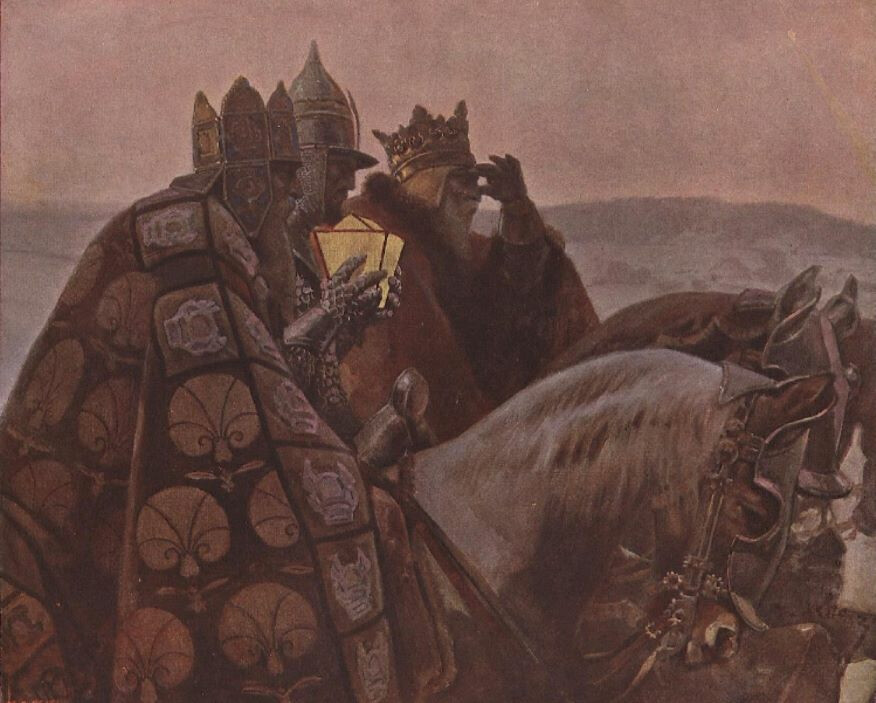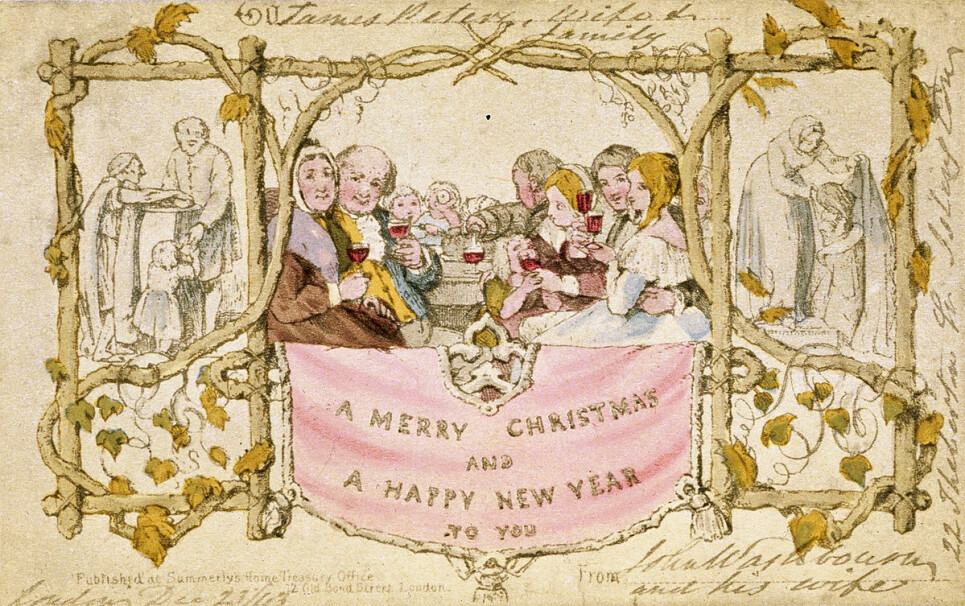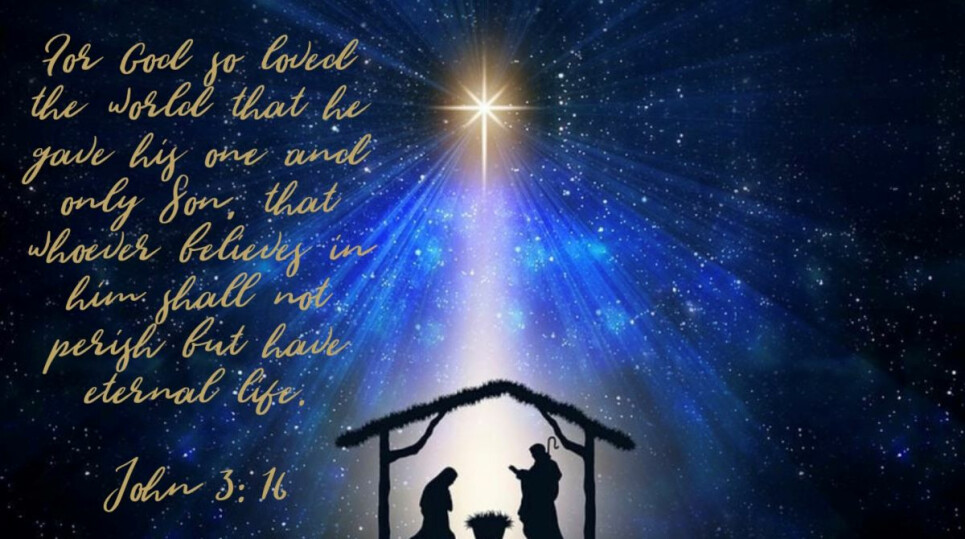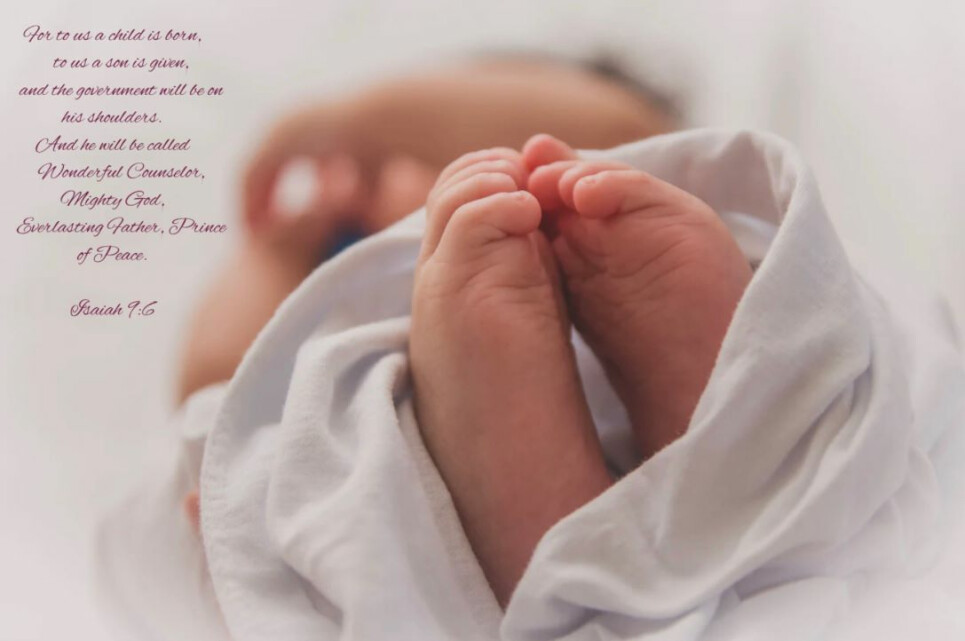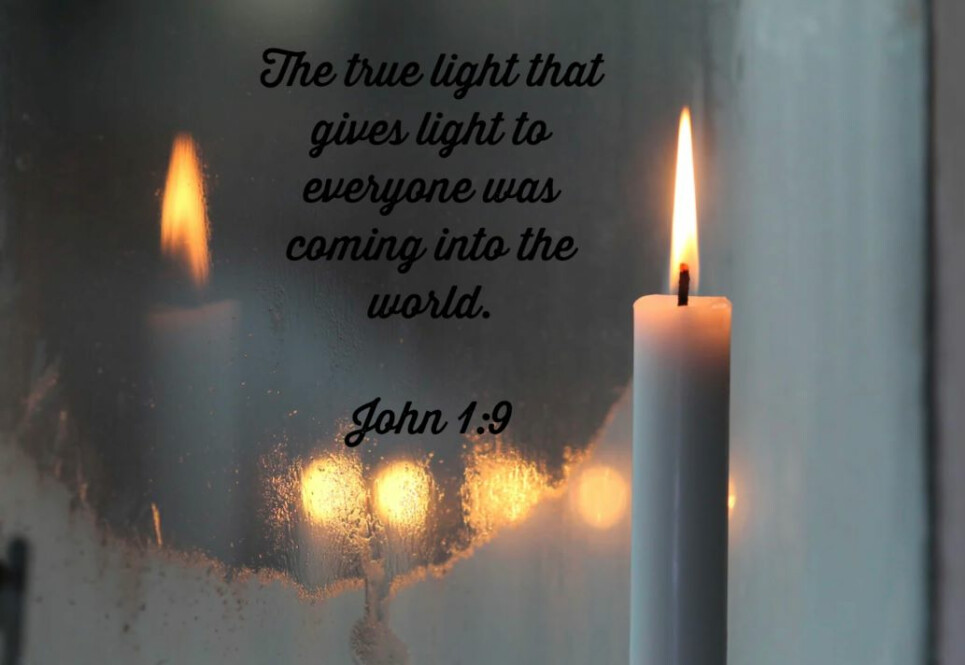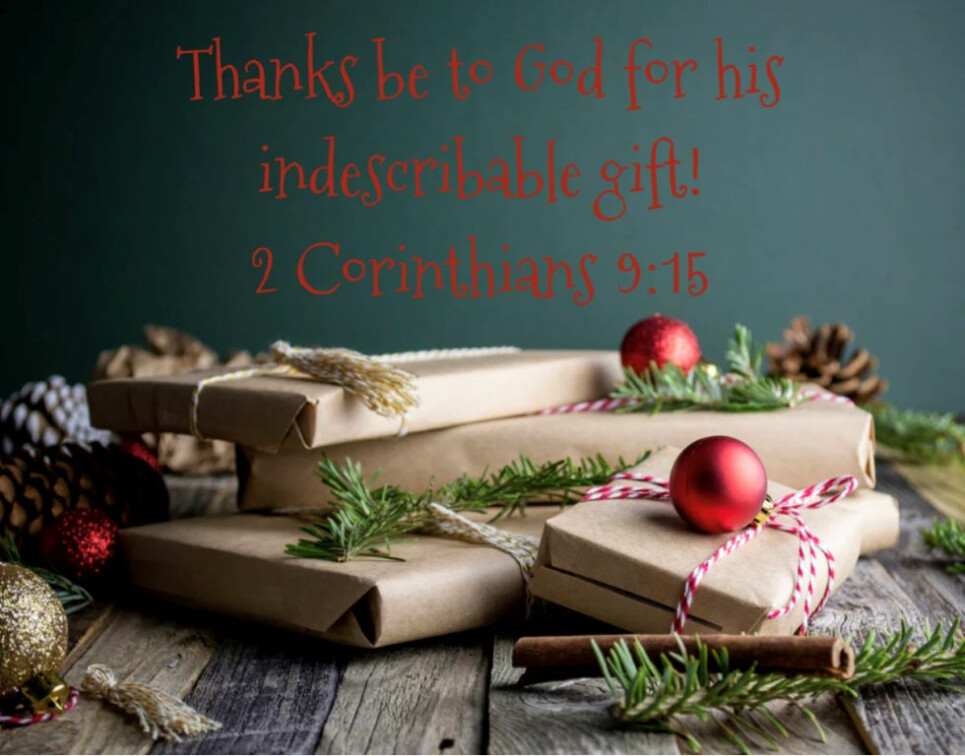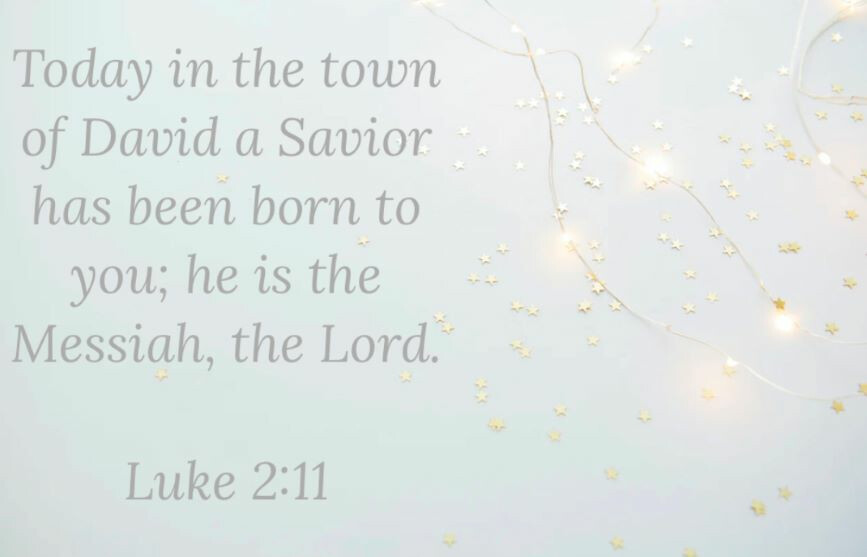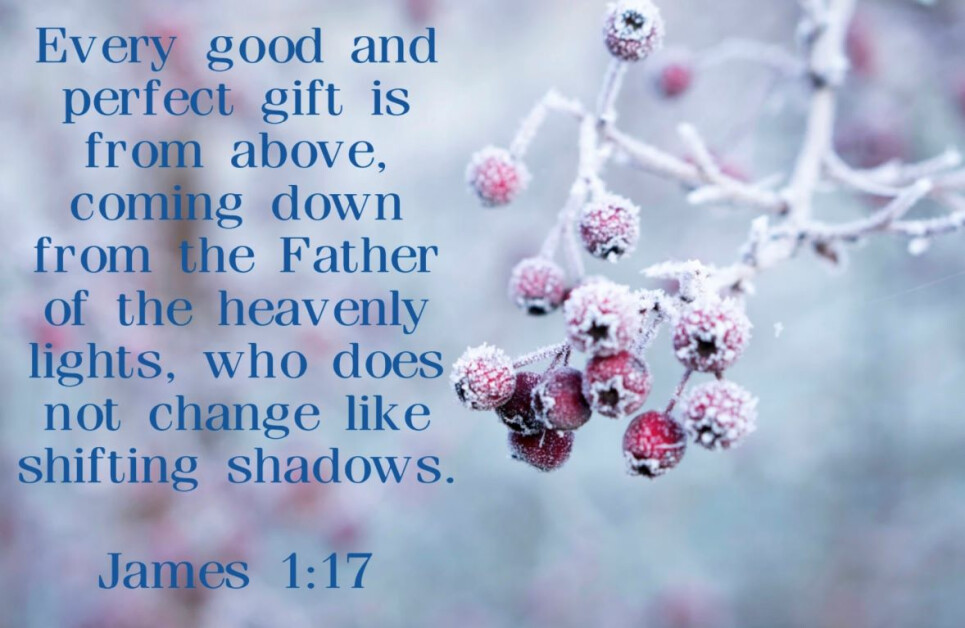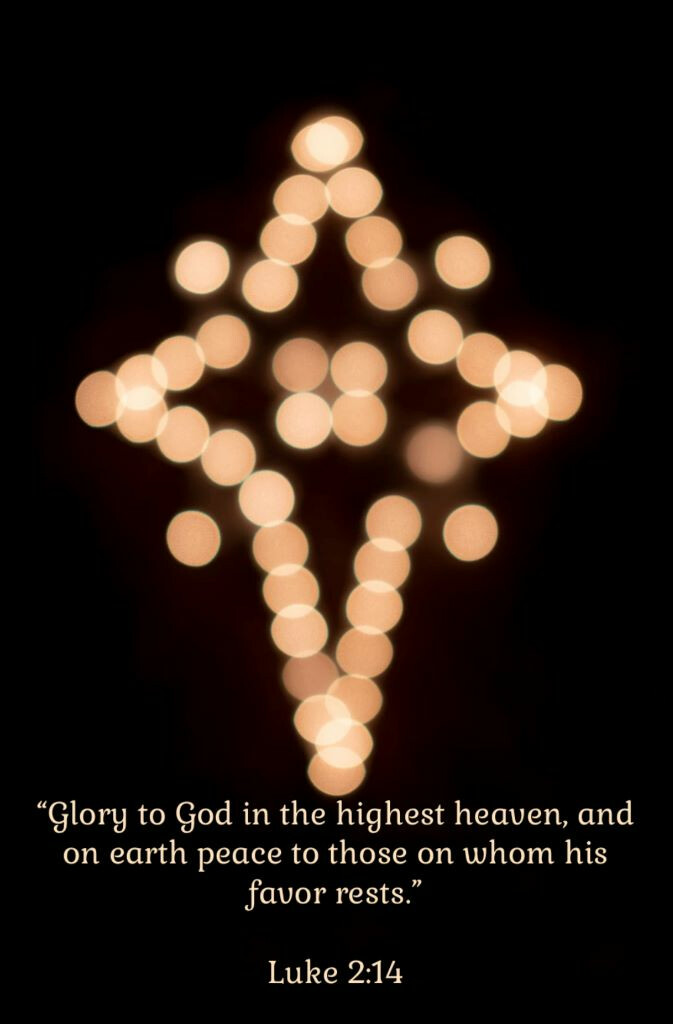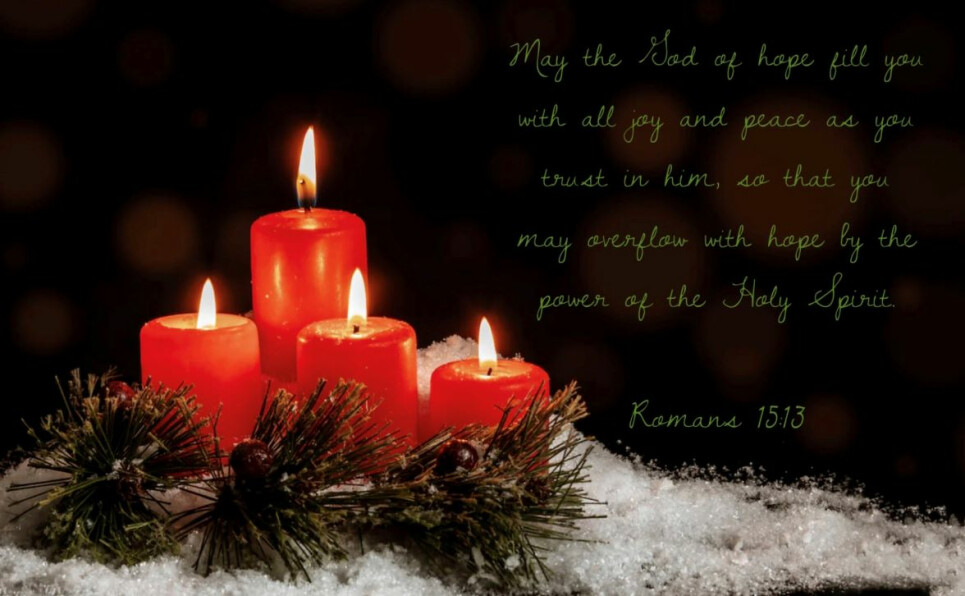The Legacy of Ruth
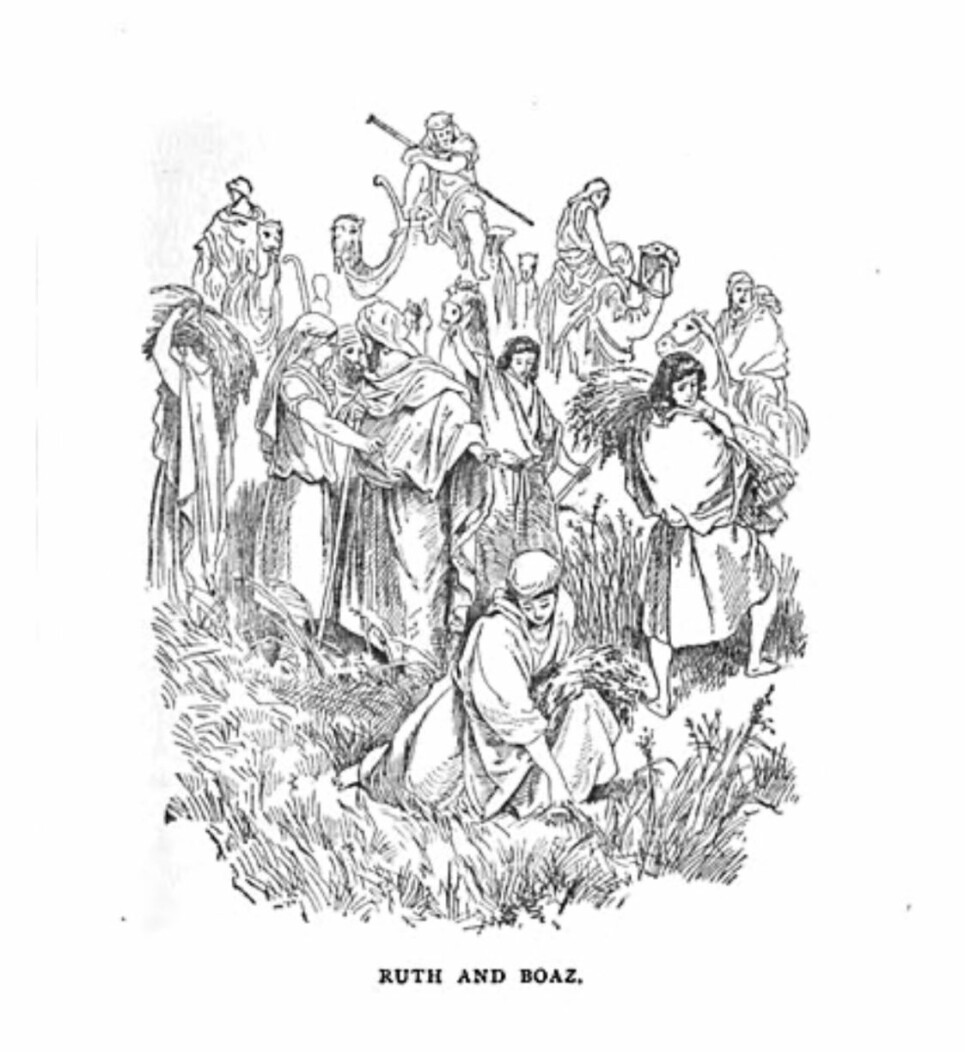
The Story of Ruth
The record of Ruth can be found in The Book of Ruth chapters 1-4.
Albeit a quick read, the condensed version is as follows:
During the time of the judges' reign, there had been a famine in Israel, leaving many of the residents in a dire need of food. Desperate to feed their families, many of the natives fled in search of sustenance. One man, Elimelek, made the decision to leave his home of Bethlehem with his family. He brought his wife, Naomi, and their two sons, Mahlon and Kilion. The family found food in Moab and there they established a new life.
Misfortune struck when Elimelek passed. Still, Naomi, Mahlon, and Kilion agreed to stay in Moab. Mahlon and Kilion eventually married Moabite women, Orpah, and Ruth. Tragically, affliction rose and claimed the lives of Mahlon and Kilion; leaving Naomi with her two daughters-in-law.
Word spread that God had blessed the people back home with an abundance of food. Naomi concluded it would be best to return to Judah. No longer legally bound to the family, Naomi urged both Orpah and Ruth to go back to their own families, as she could no longer offer them the security and promise of a family of their own. She had no other sons and felt like she was robbing her daughters-in-law of the opportunity to have children.
Reluctantly, Orpah left, but Ruth couldn’t be convinced.
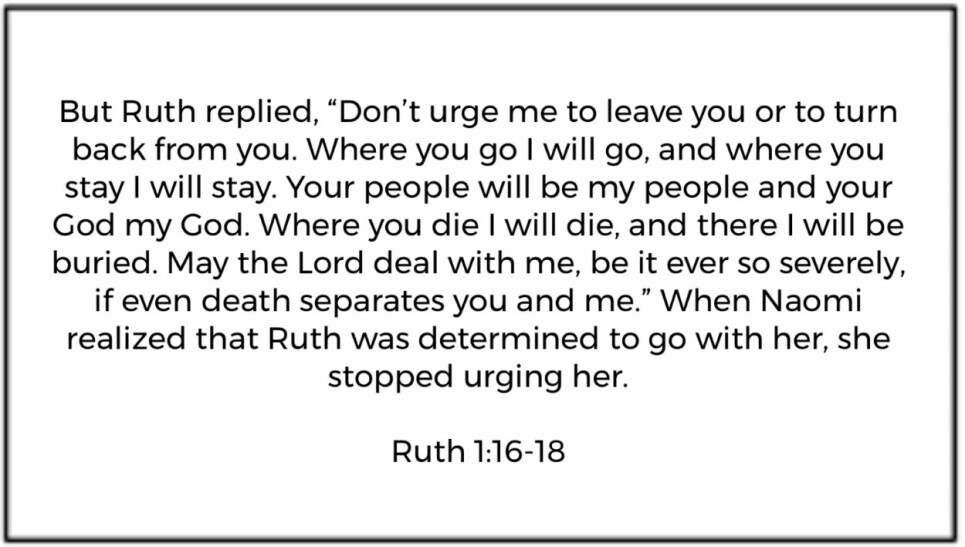
Naomi surrendered, and the two women made the journey to Bethlehem. Once in Bethlehem, the hardships continued. As embitterment enveloped Naomi, she informed others to now call her Mara. Seeking stability, Ruth was reduced to gleaning crops in barley fields.
In time, the proprietor of the field which Naomi worked, stopped by to greet the harvesters. His name was Boaz. Noticing Ruth, Boaz probed the overseer of the harvesters about her identity. Worried he would make her leave, Ruth spoke up, asking him to allow her to glean what the harvesters had left behind. Graciously, Boaz informed Ruth she could stay and extended the invitation to drink from the jars of water whenever she thirst. In spite of being grateful, Ruth couldn’t help but wonder why Boaz was being so generous.
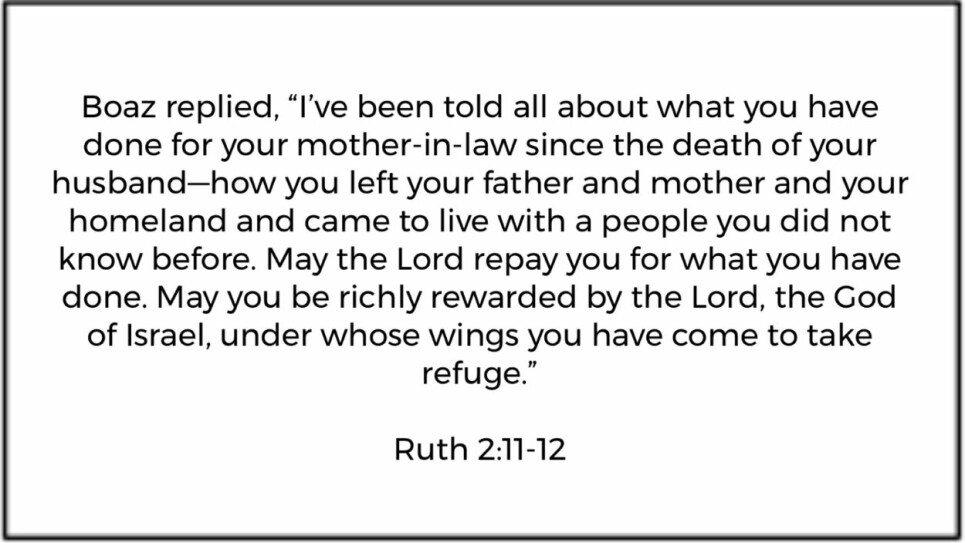
Boaz continued to show hospitality toward Ruth. He even instructed his men to pull out some stocks for Ruth to collect, and ordered them not to reprimand her.
Upon returning home that evening, Ruth had collected more food than expected. Impressed, Naomi questioned Ruth. Ruth debriefed Naomi, detailing the kindness the landowner had shown her. Naomi was delighted when she recognized Boaz’s name and excitedly disclosed Boaz was a relative of her deceased husband. Moreover, Boaz was a guardian-redeemer. Naomi suggested to Ruth that she should continue working for Boaz on his field, assuring her that he would keep her safe; something that was not a guarantee on other fields.
Ruth worked for Boaz throughout the harvesting season. Sometime after the crops had been harvested, Naomi proposed an idea to Ruth. Naomi knowingly understood that Ruth would still have to one day move on and begin her life with a mate and start a family. Reminding Ruth that Boaz held the position of guardian-redeemer, Naomi advised her to clean up, dress in her best dress, and garnish herself in perfume. Naomi proceeded to tell Ruth that Boaz would be winnowing the barley on the threshing floor that night. She encouraged Ruth to go to the threshing floor and stay hidden until Boaz had finished eating and drinking. She was to only reveal herself once Boaz had retired for the night and laid down to sleep. Naomi indicated to Ruth that she would then need to uncover his feet and lie down. Naomi assured her that Boaz would know what to do next.
Obediently, Ruth followed Naomi’s instructions. At some point during the middle of the night, Boaz was jolted out of sleep. Startled, he realized a woman was at his feet. Puzzled, Boaz asked the identity of the intruder. Ruth revealed herself and her intentions, saying, “Spread the corner of your garment over me, since you are a guardian-redeemer of our family.”
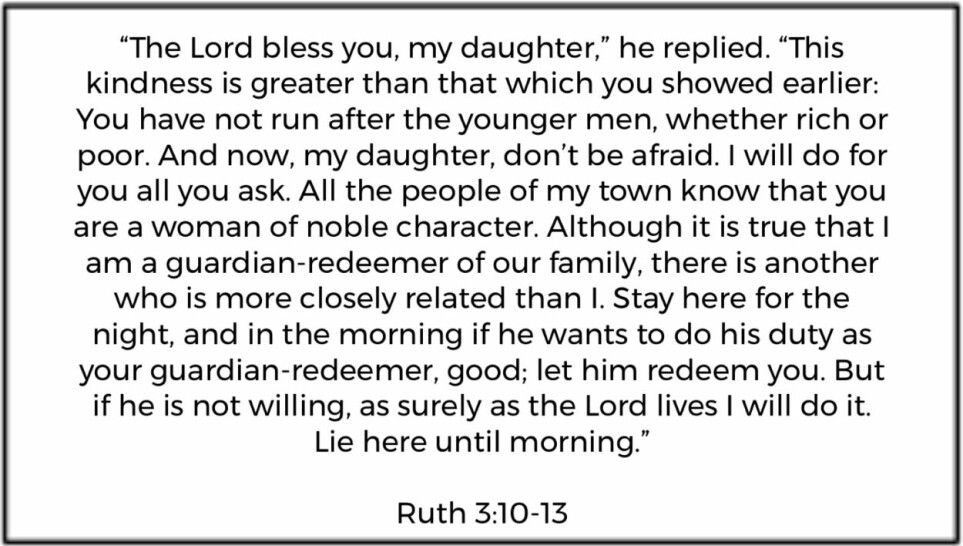
Ruth stayed the night and slipped away early in the morning, returning home to Naomi with six measures of barley that Boaz had gifted her. She laid out the events of the night to Naomi. Naomi confidently guaranteed that Boaz would settle the matter and have an answer for her that day.
Although flattered, Boaz was obligated by law to offer Elimelek’s land and the prospect of marrying Ruth to the guardian-redeemer first in line. True to Naomi’s expectation, that day Boaz met with his relative and a group of ten elders who would serve as witnesses. Boaz extended the offer of Elimelek’s land. His relative openly expressed his interest in becoming the proprietor of the land. Boaz continued, stating that the day the purchase was finalized, he would have to marry Ruth in order to maintain the name of the dead on the property.
At the mention of marriage to Ruth, the man declined; ultimately allowing Boaz the right to the land and to marry Ruth.
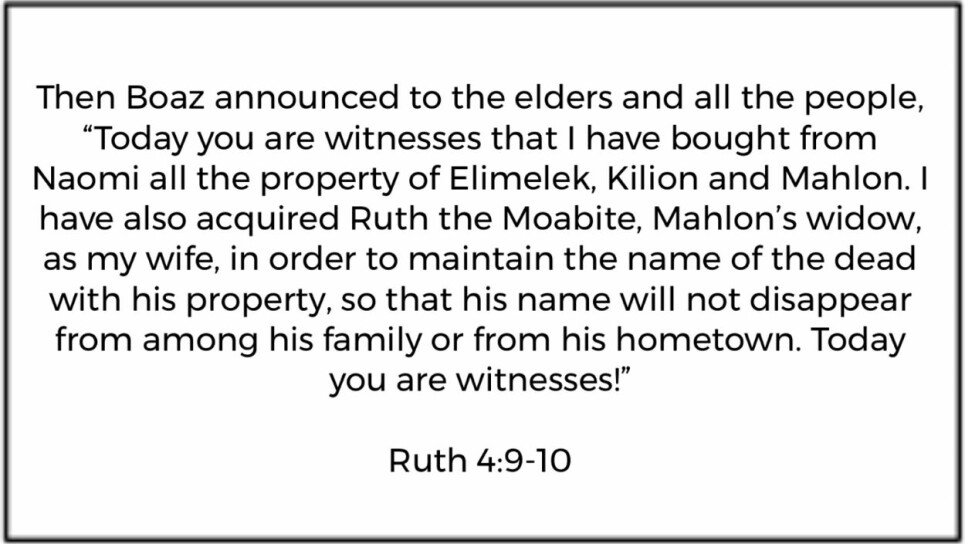
Boaz and Ruth married and they quickly conceived a son. Once born, they named the baby Obed. As a direct result of the baby, the resentment Naomi had built up melted away.
Noteworthy Details and a Breakdown of the Significance of Ruth’s Story
There are several incredible aspects that build upon and fuse together to ultimately embody the significance of Ruth’s story. There is a lot to unpack, so let’s jump right in and start to dissect.
First, Let's Start with Some Quick Definitions
Gleaning:
Merriam-Webster defines glean(ing) as: to gather grain or other produce left by reapers.
Leviticus 19:9-10 outlines the idea behind the word. Here, we read that God gave Moses specific instructions stating:
When you reap the harvest of your land, do not reap to the very edges of your field or gather the gleanings of your harvest. Do not go over your vineyard a second time or pick up the grapes that have fallen. Leave them for the poor and the foreigner. I am the Lord your God.
Again, we see this instruction under Mosaic Law in Deuteronomy 24:19:
When you are harvesting in your field and you overlook a sheaf, do not go back to get it. Leave it for the foreigner, the fatherless and the widow, so that the Lord your God may bless you in all the work of your hands.
Therefore, per law, the harvesters (reapers) and the master of the crop were to allow the needy to gather what had been left behind.
Threshing
Threshing is simply the process of separating the grain from the husk and stalk of the plant.
Winnowing
Winnowing follows threshing. The purpose of winnowing was to sift the grain; separating it from all of the different parts of the crop. During the threshing process, the pieces of grain were mixed with the husks and the stalks. The task of winnowing involved throwing the crop mixture into the air. The idea behind it was the wind would effectively blow away the light pieces of stalk, while the weight of the grain would cause it to instantaneously fall to the ground.
Naomi/Mara
When Naomi arrived home in Bethlehem, she requested to be called Mara. This is because Naomi means pleasant and Mara means bitter.
Guardian-Redeemer
Based on the instructions and examples given in the following verses, we can conclude that Guardian-Redeemer is a close relative that holds the duty of redeeming their family members from dire circumstances. Suppose the family bloodline was at risk or any possessions in danger of being lost. In that case, the family members could reach out to their Guardian-Redeemer and it would become the Guardian-Redeemer’s responsibility to fix the situation and bring forth a positive outcome. This could be done through buying family possessions, including land, purchasing enslaved relatives, providing an heir for a relative who has passed, and general care for family members experiencing hardship.
Guardian-Redeemer is also known as Kinsman-Redeemer.
Leviticus 25:25 says:
If one of your fellow Israelites becomes poor and sells some of their property, their nearest relative is to come and redeem what they have sold.
Furthermore, Leviticus 25:47-49 reads:
If a foreigner residing among you becomes rich and any of your fellow Israelites become poor and sell themselves to the foreigner or to a member of the foreigner’s clan, they retain the right of redemption after they have sold themselves. One of their relatives may redeem them: An uncle or a cousin or any blood relative in their clan may redeem them. Or if they prosper, they may redeem themselves.
Deuteronomy 25:5-10 reiterates the concept:
If brothers are living together and one of them dies without a son, his widow must not marry outside the family. Her husband’s brother shall take her and marry her and fulfill the duty of a brother-in-law to her. The first son she bears shall carry on the name of the dead brother so that his name will not be blotted out from Israel.
However, if a man does not want to marry his brother’s wife, she shall go to the elders at the town gate and say, “My husband’s brother refuses to carry on his brother’s name in Israel. He will not fulfill the duty of a brother-in-law to me.” Then the elders of his town shall summon him and talk to him. If he persists in saying, “I do not want to marry her,” his brother’s widow shall go up to him in the presence of the elders, take off one of his sandals, spit in his face and say, “This is what is done to the man who will not build up his brother’s family line.” That man’s line shall be known in Israel as The Family of the Unsandaled.
Ruth's Character Traits
- Devoted
- Faithful
- Obedient
- Compassionate
- Diligent
- Humble
A Brief History of Moab and Moabites
After fleeing Sodom and Gomorrah, Lot and his two daughters settled in a cave in the mountains. Having lost her husband in the destruction of the wicked cities, Lot’s oldest daughter devised a plan that she proposed to her sister, who had also lost her husband. In order to preserve their bloodline, she suggested they get their father drunk and sleep with him so they could conceive. Lot was unaware of his daughters’ actions. Both became pregnant and birthed sons. The youngest daughter gave birth to Ammon, who became the father of the Ammonites. The oldest daughter named her son Moab and he became the founder of Moab and consequently, the father of the Moabites.
The land of Moab’s incestuous beginnings ran parallel with the wicked and immoral conduct of its citizens. Moabites worshiped the pagan god, Chemosh.
Israelites Were Not to Intermarry with Non-Believers
We see in Exodus 34:10-16 that God commanded the Israelites to not marry those who were not a part of His covenant:
Then the Lord said: “I am making a covenant with you. Before all your people I will do wonders never before done in any nation in all the world. The people you live among will see how awesome is the work that I, the Lord, will do for you. Obey what I command you today. I will drive out before you the Amorites, Canaanites, Hittites, Perizzites, Hivites and Jebusites. Be careful not to make a treaty with those who live in the land where you are going, or they will be a snare among you. Break down their altars, smash their sacred stones and cut down their Asherah poles. Do not worship any other god, for the Lord, whose name is Jealous, is a jealous God.
“Be careful not to make a treaty with those who live in the land; for when they prostitute themselves to their gods and sacrifice to them, they will invite you and you will eat their sacrifices. And when you choose some of their daughters as wives for your sons and those daughters prostitute themselves to their gods, they will lead your sons to do the same.
Additionally, Deuteronomy 23:3-6 teaches us that the Ammonites and Moabites are excluded from the Lords’ assembly:
No Ammonite or Moabite or any of their descendants may enter the assembly of the Lord, not even in the tenth generation. For they did not come to meet you with bread and water on your way when you came out of Egypt, and they hired Balaam son of Beor from Pethor in Aram Naharaim to pronounce a curse on you. However, the Lord your God would not listen to Balaam but turned the curse into a blessing for you, because the Lord your God loves you. Do not seek a treaty of friendship with them as long as you live.
Does That Mean the Marriage Between Boaz and Ruth was Forbidden?
In reference to Boaz’s ability to marry Ruth, a Moabite, we can turn to Isaiah 56:1-8. Here we read that if a foreigner commits their life to Him, they will be forgiven of their evildoings and welcomed into the fold:
This is what the Lord says:
“Maintain justice and do what is right, for my salvation is close at hand and my righteousness will soon be revealed.
Blessed is the one who does this— the person who holds it fast, who keeps the Sabbath without desecrating it, and keeps their hands from doing any evil.”
Let no foreigner who is bound to the Lord say, “The Lord will surely exclude me from his people.” And let no eunuch complain, “I am only a dry tree.”
For this is what the Lord says:
“To the eunuchs who keep my Sabbaths, who choose what pleases me and hold fast to my covenant— to them I will give within my temple and its walls a memorial and a name better than sons and daughters; I will give them an everlasting name that will endure forever. And foreigners who bind themselves to the Lord to minister to him, to love the name of the Lord, and to be his servants, all who keep the Sabbath without desecrating it and who hold fast to my covenant—these I will bring to my holy mountain and give them joy in my house of prayer. Their burnt offerings and sacrifices will be accepted on my altar; for my house will be called a house of prayer for all nations.”
The Sovereign Lord declares— he who gathers the exiles of Israel:
“I will gather still others to them besides those already gathered.”
If we quickly circle back to Chapter 1 in The Book of Ruth when Naomi was encouraging Oprah and Ruth to return to their mothers, Ruth’s reply in verse 16 states:
But Ruth replied, “Don’t urge me to leave you or to turn back from you. Where you go I will go, and where you stay I will stay. Your people will be my people and your God my God.”
In the last sentence of the verse, Ruth denounces the Moabite god and commits herself as a servant of the Lord.
Against All Odds...
- Ruth was not only a foreigner, she was a Moabite, a sworn enemy of Israel.
- Ruth was a woman.
- Ruth was a widow.
- Ruth was poor.
In spite of all the odds Ruth had stacked against her, God knew her heart, saw her goodness shine brightly in her associations, her work, her actions, and her words; and He implemented her in His divine plan to bring salvation to the world!
Chapter 4 of Ruth ends with the genealogy of King David. It is here that we discover Ruth is his Great Grandmother.
However, I’d like to share the genealogy of Jesus found in Matthew:
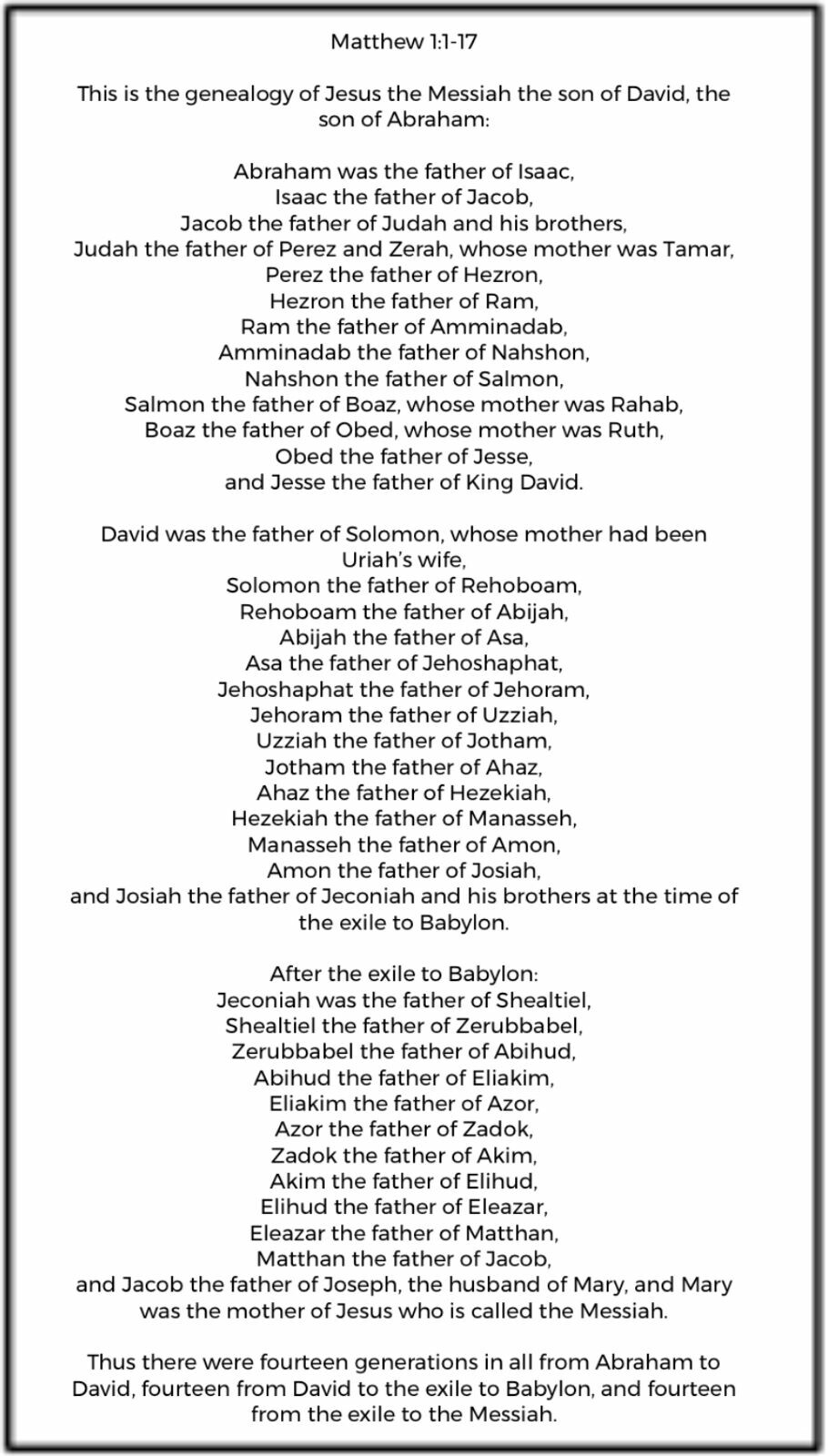
As you can see, Jesus Christ is a direct descendant of Ruth and Boaz. The faith Ruth displayed was so strong and pure, that all the marks against her didn’t matter. God didn’t care that she was foreign, it didn’t matter to Him that she was a widow, and her financial status meant nothing. The marks against her are only considered marks in the eyes of man- they are not flaws in the eyes of God.
The True Guardian-Redeemer
God is our Guardian-Redeemer. He redeemed Ruth, who had a questionable upbringing, and blessed her greatly because of her devotion, faith, and love.
He can, and will, redeem us too. God gave the world His Son. Christ took upon himself all of our sins; ultimately paying off our debt, and paving the way for redemption and forgiveness.
In him we have redemption through his blood, the forgiveness of sins, in accordance with the riches of God’s grace
Ephesians 1:7
Wrapping Up
Ruth’s story shows us that God uses people from all walks of life to fulfill his promises. He does not discriminate. He does not judge based on the same judgment scale as man. Just the opposite: it is He who sees you, knows you, loves you, protects you, blesses you, and redeems you.
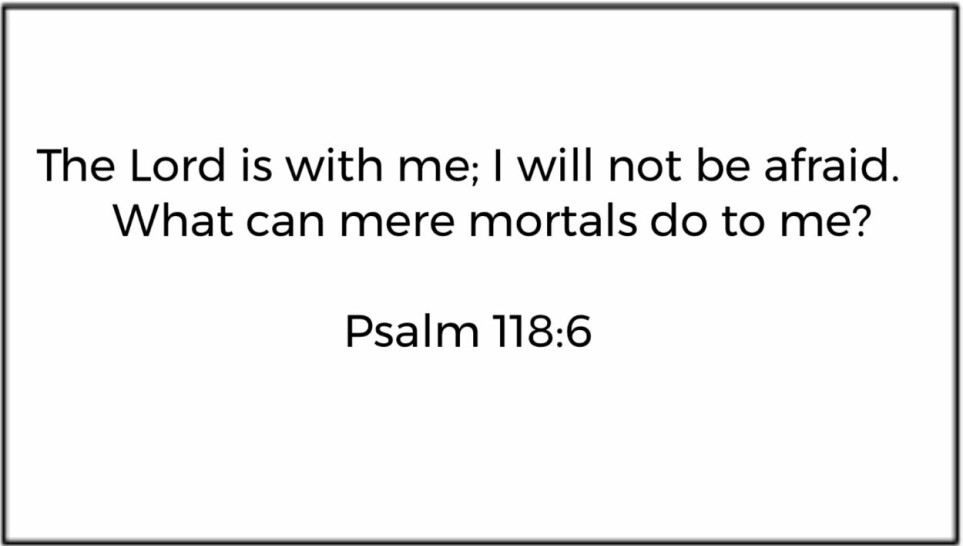
- Torrance Church of Christ


